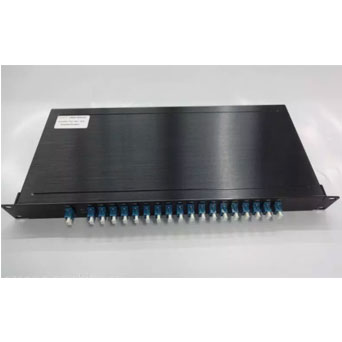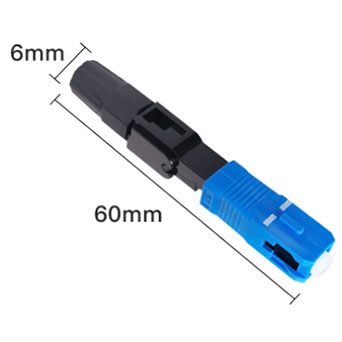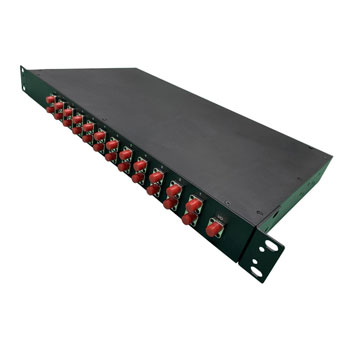With the rise of fiber optic technology, consumers and businesses have been hearing a lot lately about fiber optic TV, fiber optic Internet and fiber optic voice solutions. But what is fiber optic TV, and how does it compare to traditional digital cable, satellite and other video delivery methods? Here's a brief introduction to "What is fiber optic TV" and the benefits it offers over other technologies. So what exactly is fiber optic TV?
1. What is fiber optic TV?
Fiber optics has quickly become a well-known product in our modern technological world. First it was fiber optic internet connections, then fiber optic landlines, and now fiber optic TV. Fiber optic TV is easy to use, offers more features than cable and satellite TV, is highly reliable, and has much better quality than cable and satellite TV.
Fiber optic TV is television transmitted over fiber optic cable rather than traditional copper cable or via satellite transmission. TV fiber optic cables are made of hundreds of glass fibers (or short lengths of plastic filaments) protected by an insulated housing. Data and video signals are transmitted via infrared light pulses, rather than via electrical or satellite signals.
2. What is the biggest benefit of fiber optic TV?
Fiber optic TV offers: Faster speed: Data is transmitted over fiber optic cables at near the speed of light, potentially allowing faster transmission of the TV signal to the end user. Higher bandwidth: TV over fiber also provides higher bandwidth, allowing larger amounts of data to be transmitted over greater distances without degradation. Better quality: Because the data is sent in digital form, the signal does not need to be converted from analog data, so fiber optic television provides the highest possible video clarity. Fewer problems: Fiber optic networks are less likely to be interrupted or shut down during a power outage. And since fiber optic cables do not use electrical signals, they are not subject to possible interference from nearby electrical equipment or high-voltage power lines.
3. Fiber optic TV vs. satellite
Satellite TV usually has an advantage over cable TV because it offers subscribers more programming, availability and picture quality. This is not the case with fiber optic TV because it provides you with all of these things. However, the downside of satellite TV is that it loses reception when external forces affect the signal. Because fiber optic TV is connected directly to your house, you don't have the negative effects that come with satellite TV.

 EN
EN



